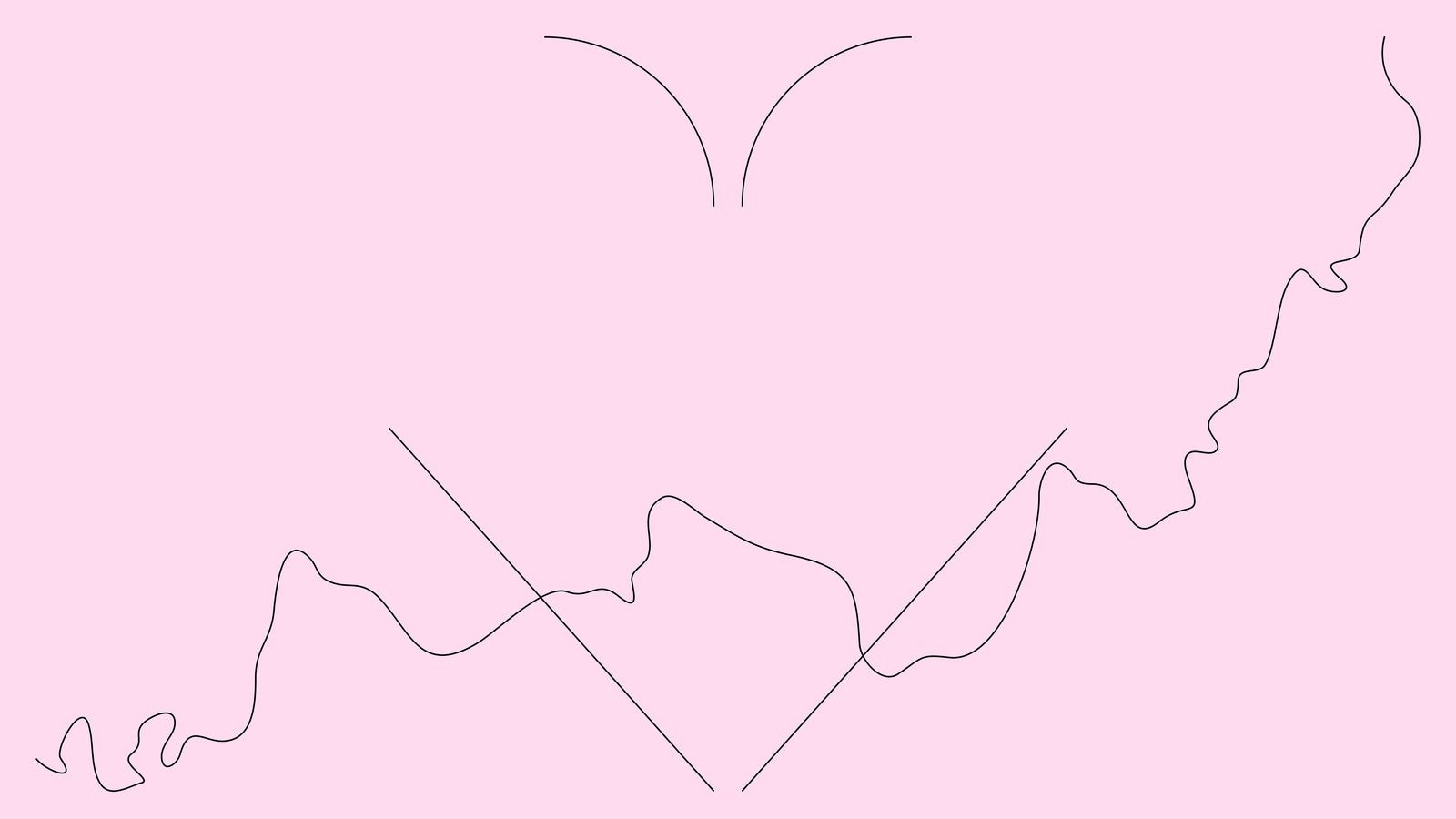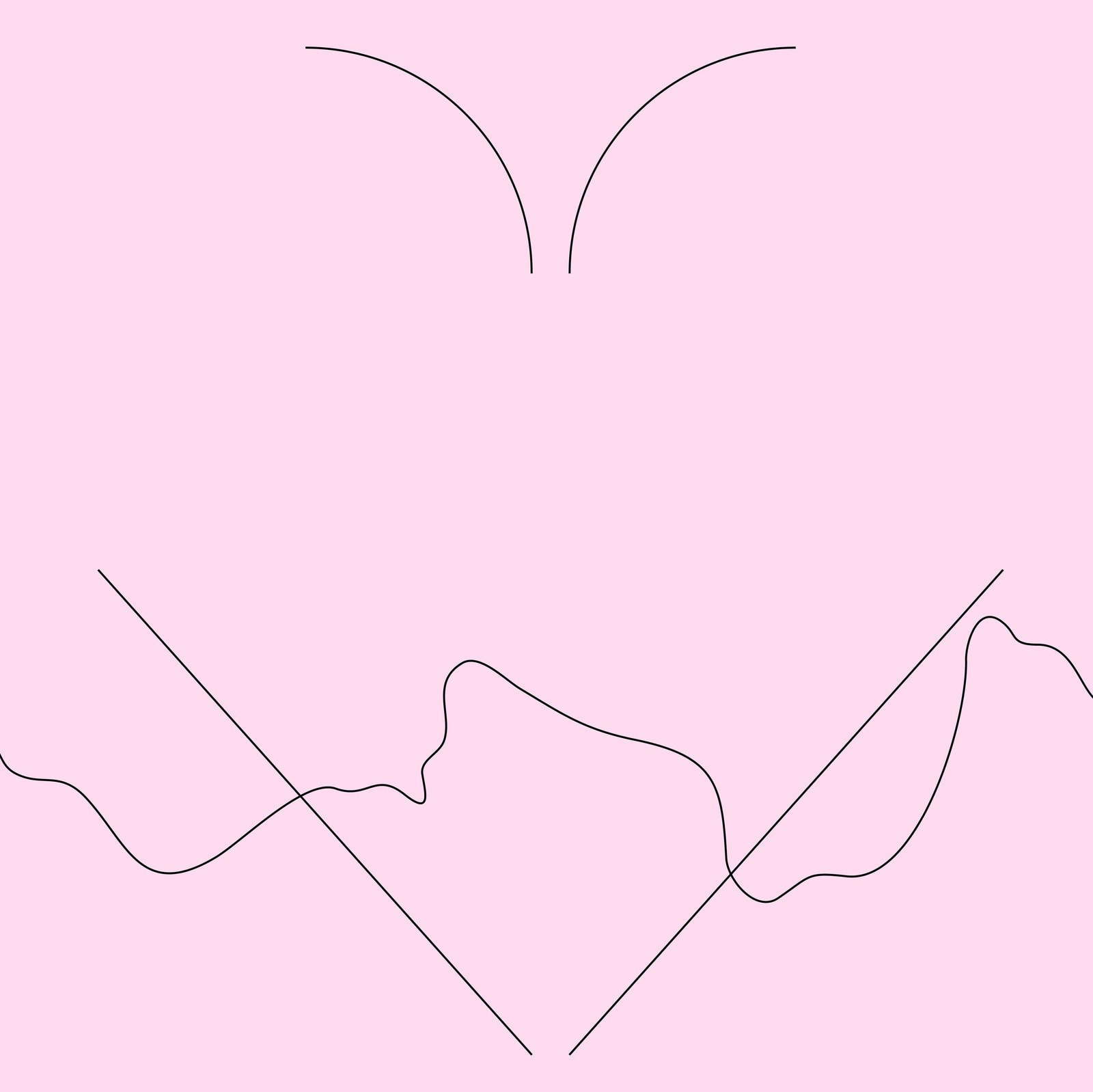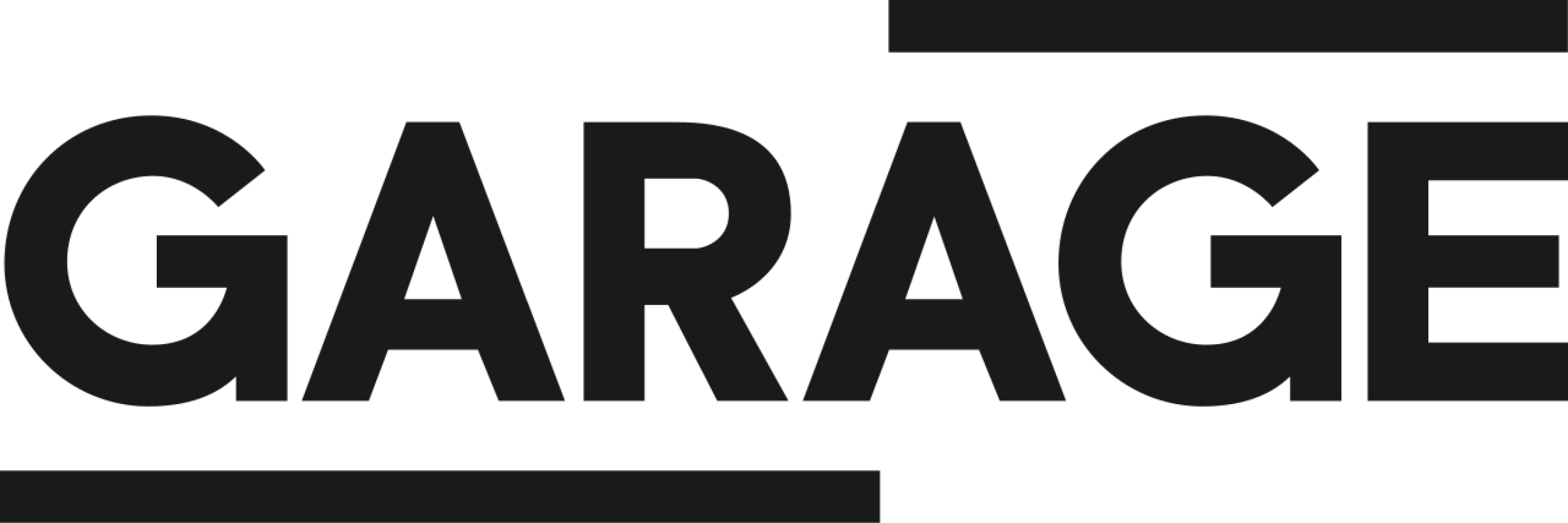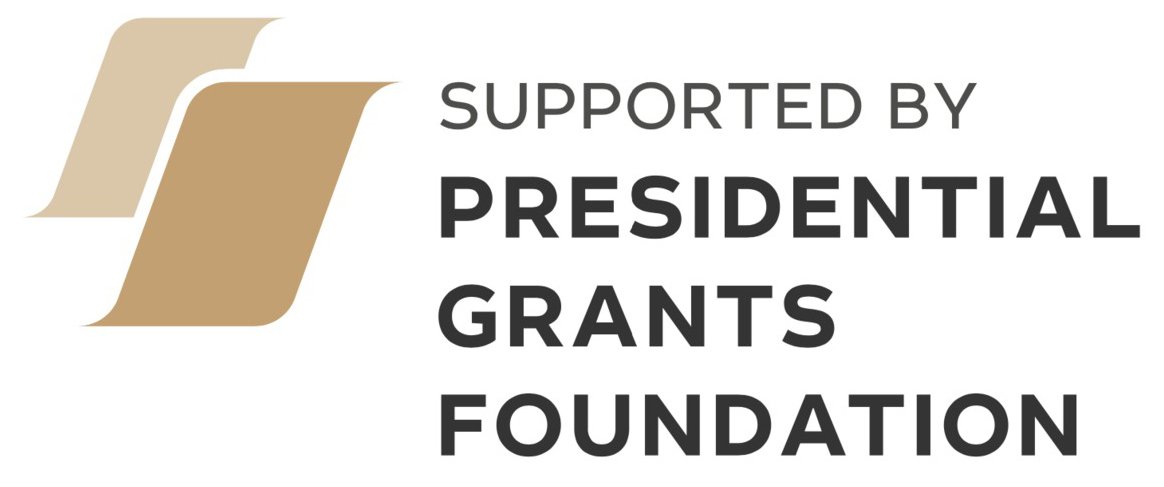This series of online seminars linked to the publication of the Russian edition of Time for Cultural Mediation by Carmen Mörsch et al. offers a framework for educators, curators, and researchers of pedagogical practices from Switzerland and Russia to address questions of art mediation raised in the publication and to share their takes on mediation’s possibilities, goals, and functions. The Russian edition will be published in early 2022 and will be freely available online.
The term “art mediation” has come into use in Russia relatively recently and arguably in connection to the large-scale international art event Manifesta 10, which took place in St. Petersburg in 2014. Since then, the practice of art mediation has become widespread: the format has been used at Garage (since 2015), at the Ural Industrial Biennial, and at many other venues and events. However, until now Russian cultural workers have not reached a common understanding of the term “art mediation.” Each practitioner interprets the concept in their own way and many issues pertaining to the meaning of the notion and its inherent problematics have remained largely unaddressed. Therefore, one of the goals of this series and of the forthcoming Russian translation of Time for Cultural Mediation is to understand what Russian and Swiss educators mean by this term and to think together about mediation’s features and particular characteristics.
The online seminars will revisit some of the key ideas elaborated by Mörsch and situate them within the specific conditions of art educational practices in Russian and Swiss today. Considering the context in which the practice of mediation came into use in Russia, it seems worthwhile to question the use of this term in relation to the educational processes taking place outside institutions of contemporary art. Are there any conceptual or methodological differences between mediation in more conservative cultural institutions and mediation in museums of contemporary art? What are the goals of art mediation and what are its most important functions in bothtypes of institutional space? These questions will form the starting point for a series of discussions between researchers and practitioners of art education from Russia and Switzerland.
The program of the seminars consists of two sections, titled “What does art mediation do?" and "Who does art mediation?” —an explicit reference to the eponymous chapters Time for Cultural Mediation. Each section consists of two sessions. The first session is focused on speakers' papers and discussions, while the second invites the audience to participate in collective practices under the guidance of the speakers.
The publication of the book and the supporting program were organized by Garage Museum of Contemporary Art and the Ural Industrial Biennial of Contemporary Art with support from the Swiss Arts Council Pro Helvetia.





